Commonwealth Association: Parliamentarians want cut in military budgets
Removal of trade barriers and restrictions on travel also demanded.
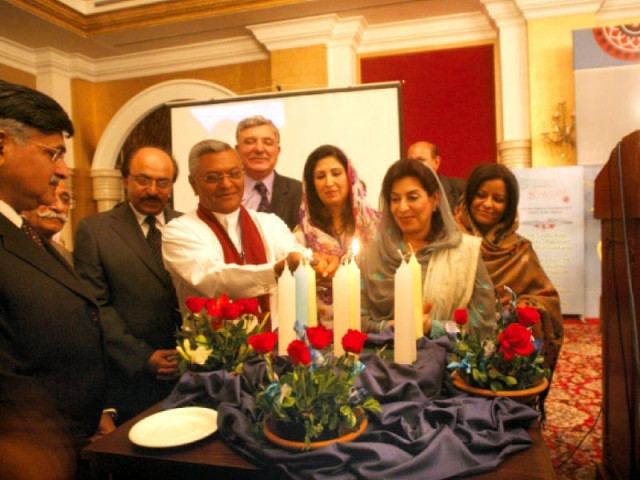
Commonwealth countries in South Asia must sit together and agree to reduce their military budgets by a certain percentage to enable their economies to take care of social development. Their governments must also come up with some strategy to overcome trade barriers to make South Asia a free-trade region.
This word of advice came from the members of the Commonwealth Parliamentary Association (CPA) during its fourth Asia regional conference here on Tuesday.
At the opening session of the conference, Sir Lanka and Pakistan also proposed that regional governments should ease travel restrictions.
The event, which was organised by the provincial assembly of Sindh, also discussed women empowerment, terrorism and poverty.
The participants stressed the need to share each other’s success stories for sustainable development and to get rid of the menace of terrorism. “We have experience of dealing with terrorism. Bangladesh should share how they have empowered its women. Pakistan and Maldives can come up with other ideas,” suggested Chamal Jayantha Rajapaksa, the speaker of the Sri Lankan Parliament, who has come along with his nine-member delegation to attend the event.
The CPA is an organisation of British origin, which works to support good governance, democracy and human rights in different regions.
The four counties in the region - Pakistan, Bangladesh, Maldives and Sri Lanka - are members of the Asia Region Association. The event is hosted every year by a member country and last year it was held in Colombo, Sri Lanka. Tuesday’s event was, however, not attended by Maldives and Bangladesh.
The speakers and members of national and provincial assemblies, senators and officials working in parliament and provincial assemblies were among those who attended the conference.
In her opening remarks National Assembly Speaker Dr Fahmida Mirza said that impediments to trade, global terrorism and gender mainstreaming are the key problems being faced by the counties in the region. She said that there were abundant resources, raw materials and a billion plus consumers in South Asia. “Today our region is considered the world’s most lucrative market, but its contribution to worldwide exports is only six per cent,” she added.
Dr Mirza thought that the continuing political conflict in the region had also kept member countries from coming closer. Inadequate logistics, inefficient communication links, poor connectivity and restrictions on travel were some of the important factors that had circumscribed an increase in intra-regional trade. “We must therefore take bold steps to remove these lacunae, which remain the stumbling blocks in making South Asian a free-trade region,” she said.
While tracing the record of Pakistan’s parliament as a ‘pro-women’ legislative body in the entire Asian continent, she appreciated Bangladesh, which has led the region in including women at the highest level of decision making.
Sri Lankan Speaker Rajapaksa advised that regional countries should join hands for legitimate rights otherwise the purpose of the Commonwealth conference would be baseless. “Democracy is our common thread. We need to remove trade barriers and make a mechanism for sustainable social economy,” he said, adding said that gender disparity and women harassment are the common issues, which should be addressed.
Sindh Assembly Speaker Nisar Ahmed Khuhro, who is also president of the Sindh chapter of the Asia Regional Conference, said that more budgetary allocations should be made for rapid development of human resources. “We can save the money by reducing the military budget,” he added.
In his welcome address, Khuhro said that education, heath, social security, environment, employment and energy should be given priority. Regional conflicts have created barriers, which were compounding miseries of the common man, he added.
Published in The Express Tribune, March 14th, 2012.

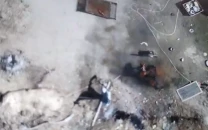

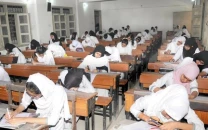
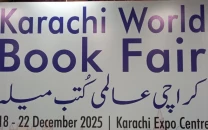

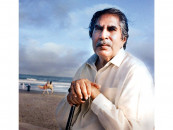












COMMENTS
Comments are moderated and generally will be posted if they are on-topic and not abusive.
For more information, please see our Comments FAQ